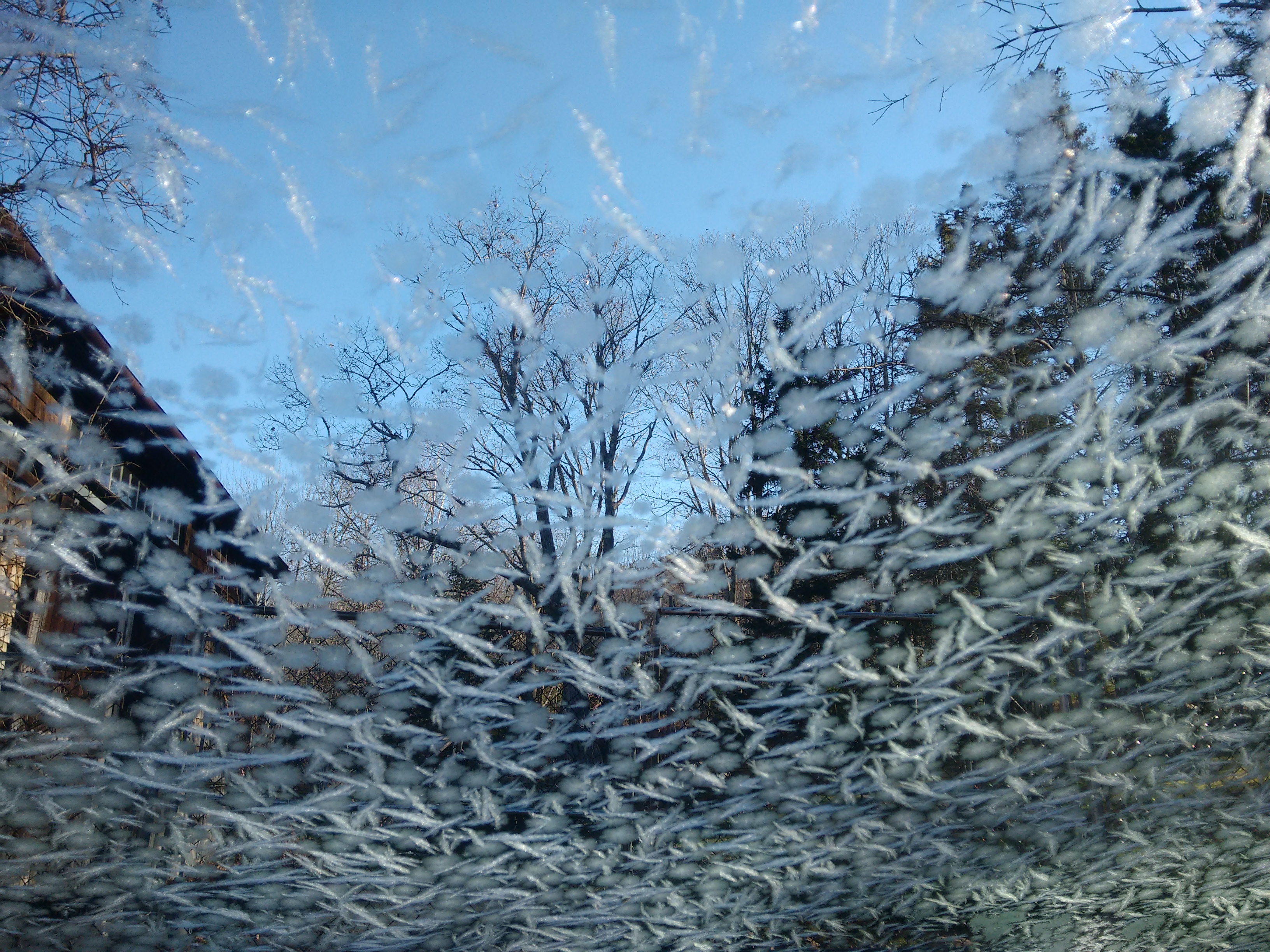
differential equations
a class at college of the atlantic
Course Goals
Abstraction is seen as an active process which both enlightens and obscures. Abstractions are not true or false but relatively enlightening or obscuring according to the problem under study; different abstractions may grasp different aspects of a problem. Abstractions may be useless if they can answer questions only about themselves. A theoretical enterprise explores reality through acluster of abstractions that use different perspectives, temporal and horizontal scales, and assumes different givens. ...
Abstracting is only one part of the process of seeking understanding. The inverse process is the return to world from which the abstractions were made. I am not concerned here with the familiar statistical hypothesis testing or Popperian falsification that results in a hypothesis being accepted or rejected. We may get good statistical fit without knowing the system any better if too much has been left out, or we may get good answers to the wrong questions. Rather the inquiry is whether the processes of abstraction as a whole and the observations they lead to have increased our understanding of the world and offered some guide to action for deepening our understanding or making the world a better place.
Richard Levins, "Strategies of abstraction." Biology and Philosophy 21.5 (2006): 741-755.
ES3022M. Differential Equations: Official Course Description
Differential equations are an application of calculus used to model a wide variety of physical and natural phenomena. The rate at which a cup of coffee cools, populations of predators and prey in ecosystems, the spread of disease, and the behavior of electric circuits, are all examples of systems that have been described with differential equations. This course is an introduction to ordinary differential equations, intended for students who have completed a single-variable calculus course. The course covers a variety of techniques for solving and understanding differential equations, including numerical and qualitative solution methods. Students will learn to solve and analyze differential equations using the python programming language. Students will also gain experience formulating mathematical models using differential equations. To do so, we will discuss general modeling principles and also consider several case studies. In addition to learning the mathematics of differential equations, a central goal of this course is to gain skills necessary for research in the mathematical, natural, and social sciences. This includes conceptualizing and framing a research question, conducing a literature review, giving a research presentation, and writing up results in a style appropriate for publication.
Evaluation will be based on class participation, bi-weekly problem sets, and a term-long project culminating in a presentation and short research paper.
Level: Intermediate.
PREREQUISITES: Calculus II or the equivalent or permission of instructor. Introduction to python, or the equivalent, or permission of instructor.
Lab Fee: None.
Meets the following degree requirements: ES, QR
The building in which our class meets, and all of College of the Atlantic, is located on traditional lands of the Wabanaki people. The four Native American tribes in Maine today are the Maliseet, Micmac, Penobscot, and Passamaquoddy, collectively referred to as the Wabanaki. I believe it is important to acknowledge that our presence on this land entangles us in the web of colonialism, past and present. The future, however, is still unwritten.